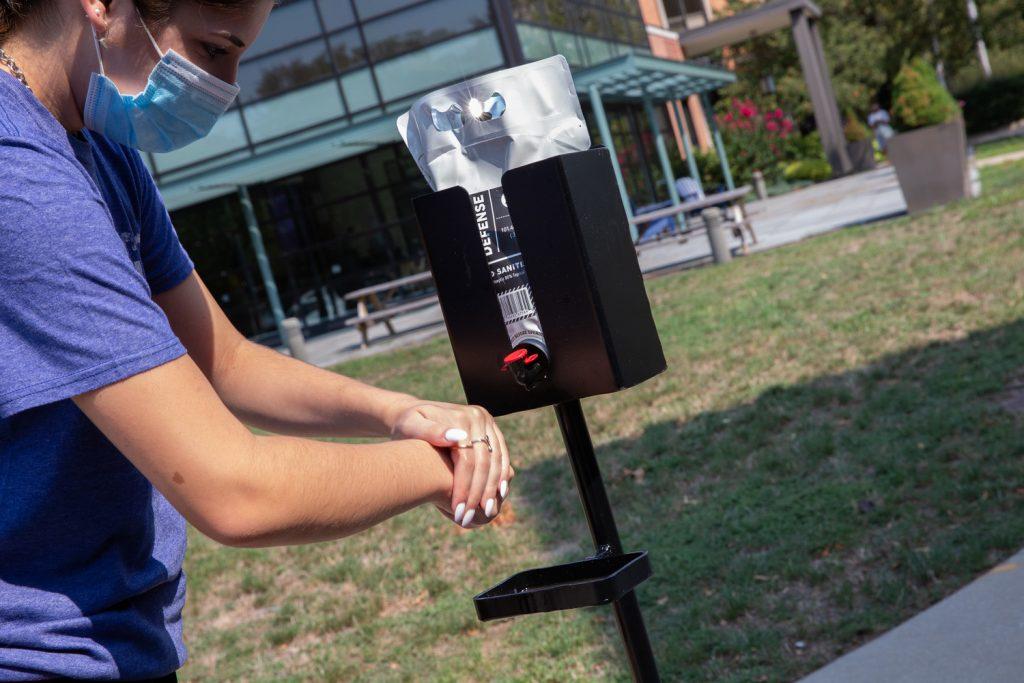Albertus Magnus College provides a values- and liberal arts-based education rooted in the Dominican tradition, inspired by the Four Dominican Pillars of Study, Prayer, Community, and Service. Albertus has been recognized for its experiential learning curriculum that helps students polish classroom learning into real-world skills that employers value – and our alumni across nine decades are proof that our method is successful. Hear from Dr. Rosemary Whelan on her ‘Frontiers of Science’ course and its importance in today’s world.
***
Global pandemic, cytokine storms, wearing masks, vaccines, race and racism, climate change – understanding science plays a major role in understanding the world around us. However, science has become politicized to the extent that science denial is a major problem in our society. It has never been more important for all citizens to be science-literate and to understand the scientific basis of the world we live in.

Everyone’s a scientist – that’s the premise of “Frontiers of Science”, an Insight program course for non-science majors. This semester the course is centered around hot topics in the news, with race, COVID-19, and vaccines front and center in the classroom. Students problem-solve and evaluate news articles, developing scientific literacy skills and learning to distinguish science and pseudoscience. They deep-dive into the details of genetics and inheritance, graphing data and modeling DNA replication as they discover how mice evolved to have different colored fur in different environments. Discussion of the position of Pope Francis on the scientific basis of evolution provides a social context for the unit. We look around the classroom and see that we all have different skin colors – the class now delves into the evolution of human skin color in response to differing levels of UV radiation in various global locations. With this background the class discusses the lack of genetic basis for race, and with a deep understanding of genetics, it becomes apparent that race is, in fact, a social construct.
The observation that people of color are disproportionately affected by COVID-19 in the US leads to a study of the biology of COVID-19, with students learning about viral biology and the human immune response to infection. Importantly, students also learn how vaccines have decreased or eradicated diseases in the past, and study how they work to develop herd immunity and therefore protect everyone. We look at the science behind why wearing masks decreases the spread of infection. We discuss how the pandemic might end.
In our society it’s so important that students graduate with a strong understanding of science, and an ability to analyze data and judge information for themselves. It is important that they learn to question, to find answers and to believe in their ability to understand complex scientific concepts needed to engage with the world we all live in. Grounding this science course in topical issues helps the students become engaged in their learning – as they develop skills to become life-long students of science. One student in the course commented: “I love these assignments! They are so helpful and boost my knowledge of the world we live in. This is awesome!” This course empowers students to become science literate citizens in a stable society.
